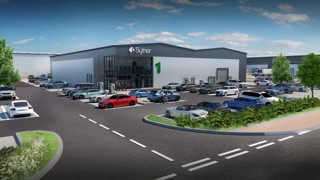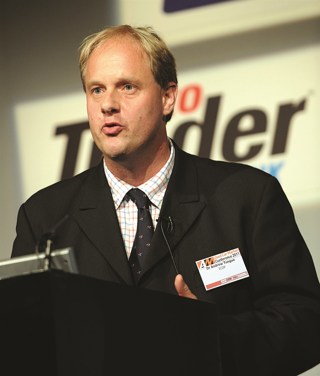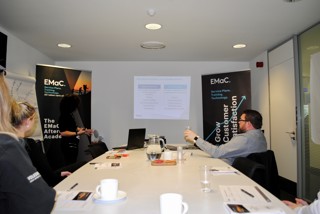Franchised dealers need to recruit more technicians, target increased retail work and address poor workshop utilisation to buck the trend of “an institutionalised acceptance of low overhead absorption”.
Coachworks Consulting managing director, Karl Davis, has said that a continued failure to address overhead absorption is causing long term financial damage to many dealerships and called on business leaders to take action to address absorption levels between 50 to 60% – well below the 80% benchmark set by most car brands and networks.
Davis said: “There is an institutionalised acceptance of low overhead absorption. At a time when car sales margins are under such pressure, profits from aftersales are being eroded by poorly managed workshops.
“Across far too many groups we are seeing aftersales gross profit being compromised by a weakening of the mix of work towards internal and warranty, when increased capacity and efficiency needs to be created around optimising retail work “
Davis maintains a site’s ability to achieve higher overhead absorption can often be addressed by recruiting an extra technician, stating: “Too many dealers under-resource their workshops and fail to capitalise on the potential offered by their local car parc.
“Our experience of working with many different car brands and dealer networks, shows an extra technician only has to work 20% of their time on productive matters to cover their cost; everything over that is profit.
“Although this is widely known and understood by dealer managers, many are still failing to make this investment.”
Davis applauded the recently reported Mission 100 initiative by Sytner Group to target 100% absorption across its business within the next two years, a process which will see an increase in technician numbers.
He said: “Sytner’s target is bold and backed with investment in people, when other groups are cutting headcount whilst ignoring untapped opportunities to sell more retail hours. The group’s commitment to attracting the best people, developing them and reducing staff churn should be considered as a benchmark for others to follow.
“So much more can be done to keep technicians focussed on productive work. They should not be expected to jockey cars around, queue for spare parts or get bogged down in administration; these duties should be transferred to other personnel.
“Targeting improved workshop loading with a greater retail content and vehicle health check optimisation should be a priority for every leadership team and will help break our sector’s institutionalised acceptance of low overhead absorption,” he said.



















AndyJohn - 28/05/2019 12:25
While I take the point of this article, what this does not say is how the extra tech will be budgeted for, under normal practise the following years budget will be written to include the extra headcount with the usual efficiency applied, then the win of the prior year becomes a shortfall, as you don't have enough work for him to be let say 90% utilised. Franchised dealers mainly work on their own franchise and there's only so much of that vehicle parc to go around. Lack of absorption now is due to ever increasing overheads, extended service regimes (fewer visits in life cycle), service plans paying at much lower recover rate, improved build quality reducing warranty hours.